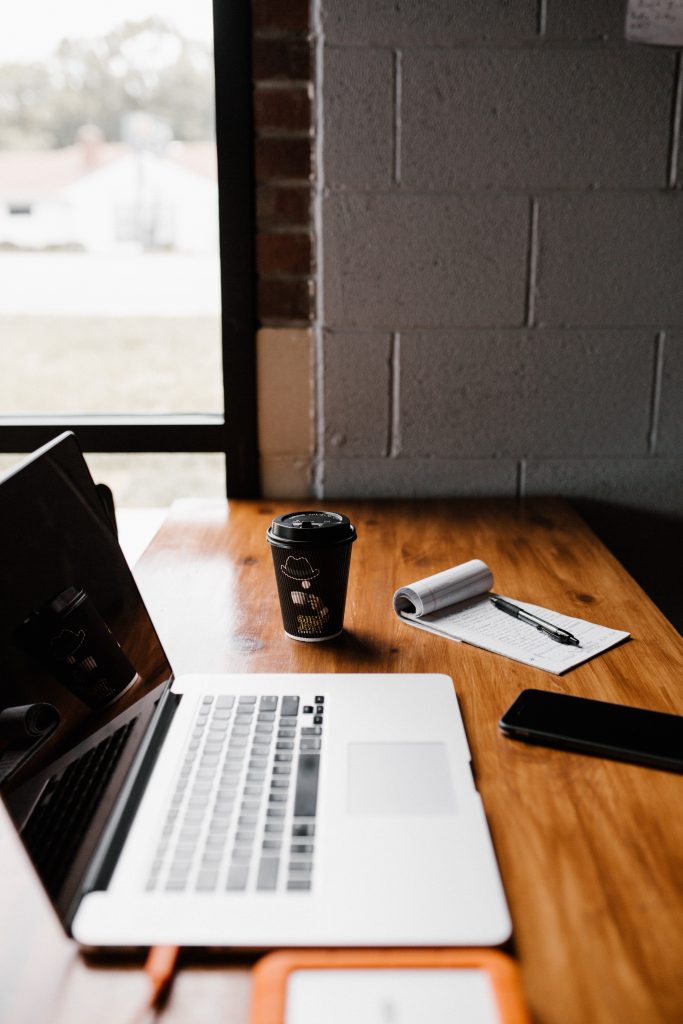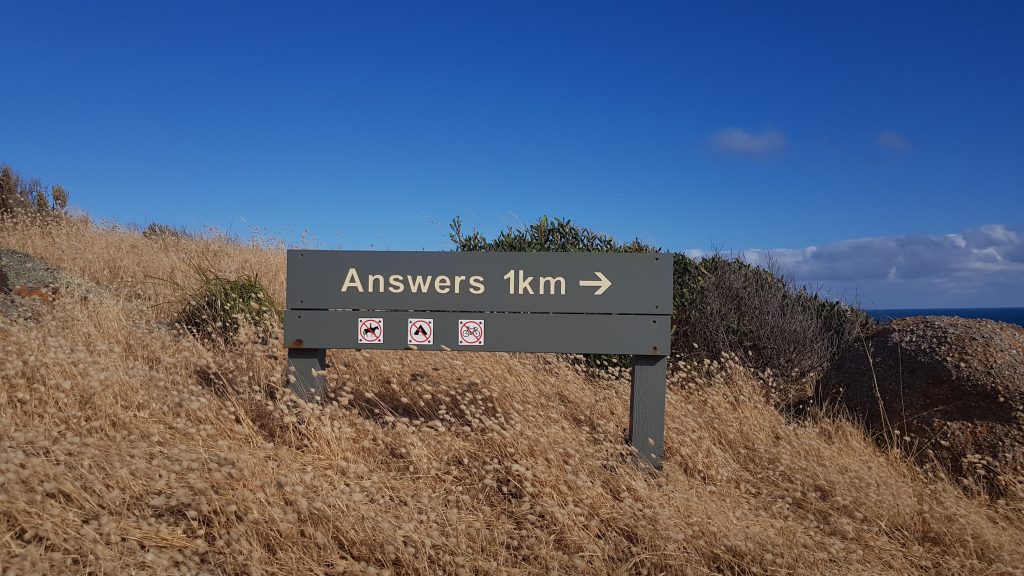
What helps me stay focused: the yes, no, and maybe
With a new year begins a new semester. This brings forth a wave of classes to be attended, quizzes to be completed, assignments to be submitted and deadlines to be met. It is easy to get swept up in academic work to the point that social life seems like a foreign concept. But doesn’t have to be that way. You can be studying for a quiz on Friday and go for a picnic on Saturday- it all depends on how you manage your time. For this blog, I will be sharing my tips for focusing on studies- what always works, what sometimes works, and what never works. These are all of course just my perspective, but I have found that adopting this method for my academic life actually leaves room for my personal life. So, without further ado, let’s get right to it!
The yes
I don’t know about you, but if I try to study in my room, there is a good chance I will get a grand total of NOTHING done. Yes, my room has a desk with lamps and chairs, but it also has a very inviting bed and I don’t always have a strong conscience. So, my number 1 tip for getting focused: choose a good studying spot. This could be any place that minimises distractions, and can vary for different people. For me, these places include Biomedicum at Karolinska Institutet, KI’s library, Stockholm’s City Library (Stockholms stadsbibliotek), and sometimes cafes. I have noticed that when the environment is right, it takes me no time to get work done.
Something else that helps me- and this might be common knowledge- is consuming information in the form of videos. If, for instance, there is a particular topic I am uncertain about, reading literature about it helps only sometimes. However, by getting a strong grasp on the basic principles underlying more complex topics, I find it much more easier to comprehend intimidating chunks of information. Videos that break down big topics into digestible, understandable information are life-savers. Especially while preparing for examinations.

The no
On days when I have nothing on the agenda, I can and will be useless. However, when I am supposed to be focused, and especially when I have to study for exams, my brain will make an entire to-do list of other tasks that I am also supposed to finish. So studying before finishing chores is an absolute no for me. If I manage to sit and focus before doing laundry, in five minutes you will find me in the laundry room instead of at my desk. No more miscellaneous tasks to be finished means nothing else I can be distracted by. It also helps get important chores done, so it’s a win-win.
This might be a controversial one, but I have found that studying in a large group is a terrible idea for my productivity. There is a certain threshold at which group studies are helpful, but once that threshold is crossed, there is no coming back. In a smaller group of, say, 4 people, I find it easy to concentrate because everyone is focused at the same time. Even if there are distractions, they are a welcome break and everyone usually gets back to work shortly afterwards. However, in a larger group, all it will take is for one person to show the others an Instagram post, and there is no going back. Because of a larger number of people, conversation will simply continue to flow and any hopes of getting work done will be squashed.

The maybe
In this final section, I will talk about some study tips that are a hit or a miss with me, depending upon the circumstances. The first “maybe” here is music. If all I am doing is annotating pictures, making a powerpoint presentation or writing something that does not require me to use 100% of my brain, then having background music is fun and actually helps me be productive. However, if I am reading something or making notes, music will distract me. Instead of writing about the principle of RNA sequencing, I will write down the lyrics to whatever song my headphones are blasting. So, depending on what kind of work needs to be done, music is a 50-50.
Another “maybe” in my case would be research articles. Sometimes, when you want to delve deep into a field of your choice, research papers are a great source of providing you with niche knowledge about a certain topic in that field. The methods, discussions and conclusions drawn by these articles are perfect for building upon what you already know. HOWEVER, if I lack basic knowledge about something, research articles will only further confuse me. I will need well-explained information on the basic principles of that subject before even the heading of the research paper starts to make sense to me.

At the end, I know that what works for me may not necessarily work for you, and that’s okay. Ultimately, my biggest tip for you would be to make the most out of situations that are best suited for YOU and for YOUR productivity. So if you think that studying in large group with loud music is what’s best for your concentration, then that’s the kind of environment I would encourage you to work in.
This post is only one of many (incredible) blogs written about academics here at KI. If you are interested in learning more, you can visit this link. I hope you found some of the tips in this blog useful, and as always- if you have any questions, you know where to find me.

Naomi- Biomedicine (MSc)
My name is Naomi, and I am from India. I am a master’s student in Biomedicine. I have always been drawn towards research and knew early on that a career built around it was the one for me. So as a result, here I am! I enjoy spending time with my friends and exploring the city with them (though the introvert in me also loves some alone time). I hope I can be of some help with my blogs!

0 comments